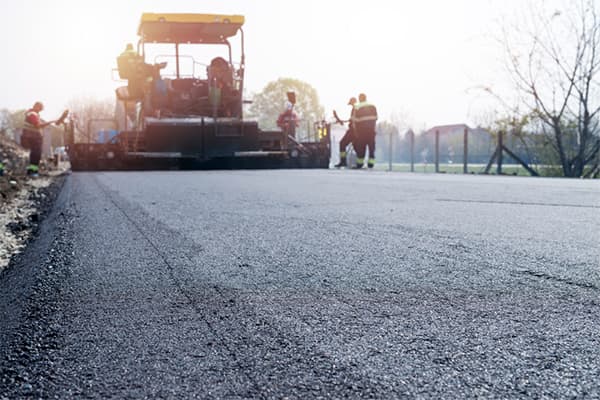Operation & Maintenance of Dirty Roads
Dirty roads, often referred to as unpaved or gravel roads, play a crucial role in rural and semi-urban connectivity. They serve as lifelines for villages, agricultural areas, and construction zones where paved infrastructure is not yet available. However, due to dust, uneven surfaces, and frequent wear, these roads require continuous operation and maintenance to remain safe and functional.
Operating dirty roads involves managing traffic flow, ensuring accessibility, and providing temporary solutions for dust control.
Activities include grading for smoother surfaces, applying water or dust suppressants, and placing signboards for driver safety. Proper operation ensures that these roads remain usable during all seasons, particularly during monsoons when erosion and mud accumulation create major challenges.

Maintenance of Dirty Roads
Maintenance of dirty roads is more frequent compared to paved roads due to higher vulnerability. Key activities include re-grading to level uneven areas, filling potholes, repairing drainage systems, and adding fresh gravel layers. Regular compaction helps maintain surface stability and reduces dust formation. Proper drainage maintenance is especially important to prevent waterlogging and erosion, which can quickly damage the road’s surface.
Benefits of Maintenance
Well-maintained dirty roads provide smoother travel, reduce vehicle wear and tear, and improve safety for drivers and pedestrians. Maintenance also supports local communities by ensuring uninterrupted access to markets, schools, and healthcare facilities. In construction or mining zones, proper road upkeep enhances the efficiency of transportation and reduces operational costs.
